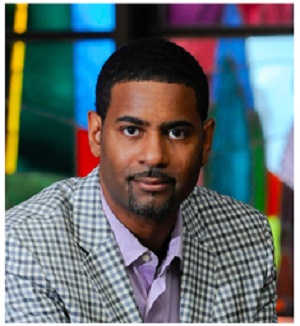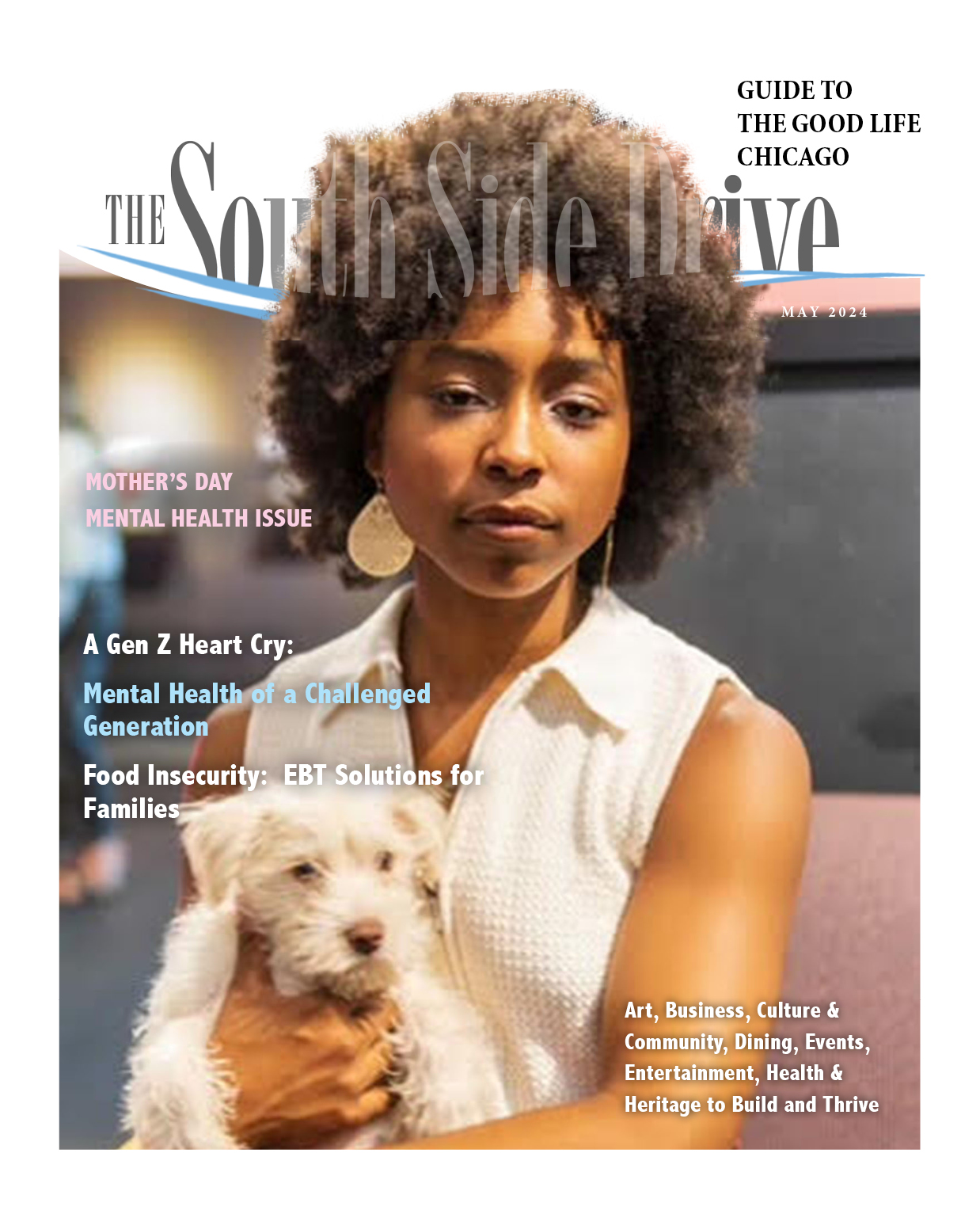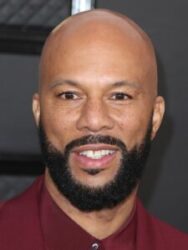Usually, I try to be objective when I write. The subject of HBCUs gives rise to a different me. I know that I speak for many when I say, “I love HBCUs.” And I have good reason.
Both of my daughters are proud graduates. First Nia, the Veterinarian, graduated from Xavier University in New Orleans. She later earned her veterinary degree from the College of Veterinary Medicine at Tuskegee University in Tuskegee, Alabama.
Patrice, the Attorney, graduated from Florida A&M in Tallahassee, Florida. She later earned her law degree from DePaul University in Chicago.
What Is An HBCU?
The Higher Education Act of 1965 defines an HBCU as ”any historically black college or university that was established prior to 1964, whose principal mission was, and is, the education of black Americans, and that is accredited by a nationally recognized accrediting agency or association determined by the Secretary of Education to be a reliable authority as to the quality of training offered or is, according to such an agency or association, making reasonable progress toward accreditation.”
There are currently more than 100 HBCUs. According to hbcuconnect.com:
Locally, there has been some confusion about whether Chicago State University (CSU) is an HBCU.
Actually, CSU is a member of Predominantly Black Institutions, an organization with a similar mission.

In the June 6, 2022 issue of Inside Higher Ed, current CSU President Zaldwaynaka Scott wrote: “Together our nation’s PBIs and HBCUs are uniquely committed to serving Black students. While PBIs and HBCUs serve similar populations, they are distinct; an institution cannot be both an HBCU and a PBI.”
And in an October 7, 2021 release the Strada Education Network revealed, “Chicago State University, a U.S. Department of Education Predominantly Black Institution, is part of a student success initiative with 28 Historically Black Colleges and Universities (HCBUs) made possible by the Strada Education Network.

Supported by a $25 million grant from Strada, the initiative reflects a year-long collaboration designed to listen, learn from, and support the work of PBIs and HBCUs in developing the next generation of leaders.”
Chicagoans Who Went HBCU
Illinois Justice Cynthia Y. Cobbs – Morgan State University
Maya-Camille Broussard (TV Personality/Pastry Chef) – Howard University
Common – Florida A & M University
Congressman – Danny K. Davis – Arkansas AM & N (now University of Arkansas at Pine Bluff)
Rev. Jesse L. Jackson, Sr. – North Carolina AT&T University
Congressman – Jonathan L. Jackson – North Carolina AT&T University
Atty. Victor P. Henderson – Morgan State University
Pam Oliver (Sportscaster) Florida A&M University
Rev. Otis Moss III – Morehouse College
As evidence of the increasing value and importance of HBCUs:
In 2021 CNN Business reported that “Major companies are recruiting HBCU grads more than ever before.”
Jarrett Carter, former editor of the HBCU Digest, and a graduate of Morgan State says, “Going forward, HBCU leaders have to make sure that the school is around. Is this school going to continue to be one of the biggest employers of Black people in this city or state?”
Nothing says Chicago like the Chicago Football Classic, just done celebrating its 25th (Silver anniversary) on Saturday, September 2 at Soldier Field. Andrea Smith, Legislative Communications Liaison to the Chicago Football Classic Scholarship Fund, Inc. (CFC) says, “The CFC has generated over $3 million in scholarship assistance.”
The game? The Central State University Marauders beat the Mississippi Valley State University Delta Devils 24-21. And the marching bands didn’t disappoint their enthusiastic fans.
Chicago Football Classic – an HBCU Special Occasion.
Walter M. Perkins is a Chicago-based author.






